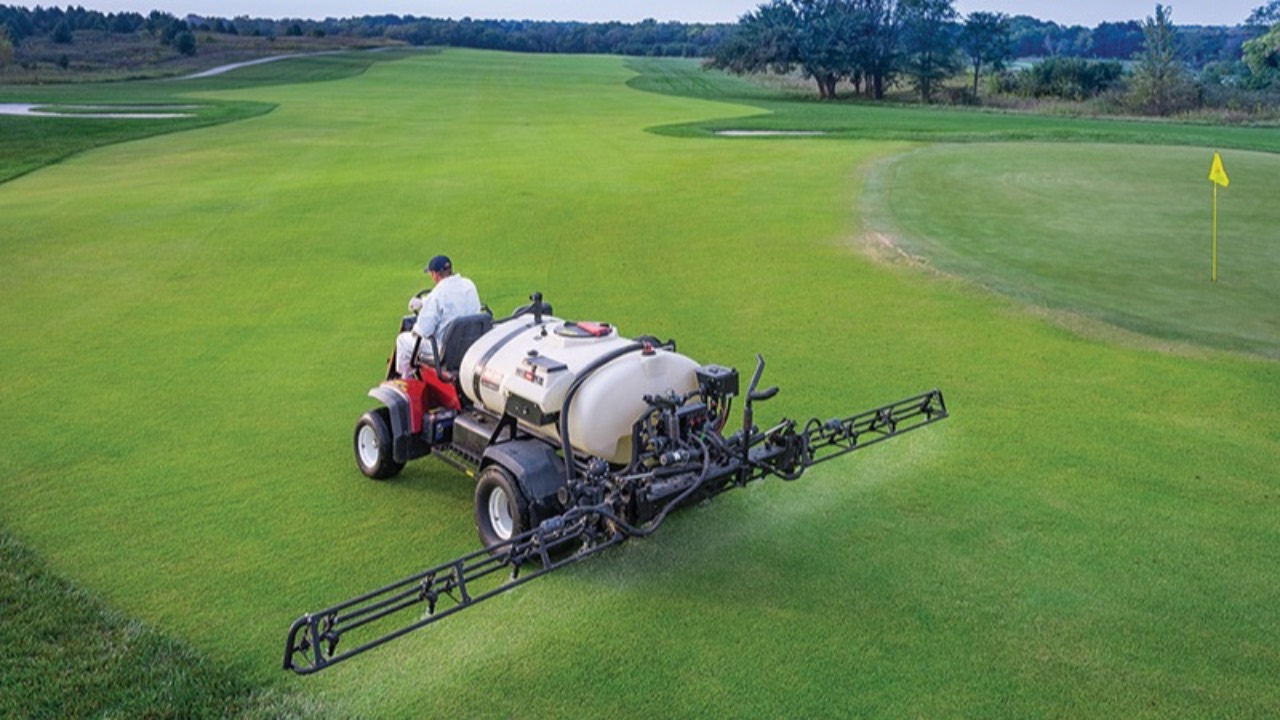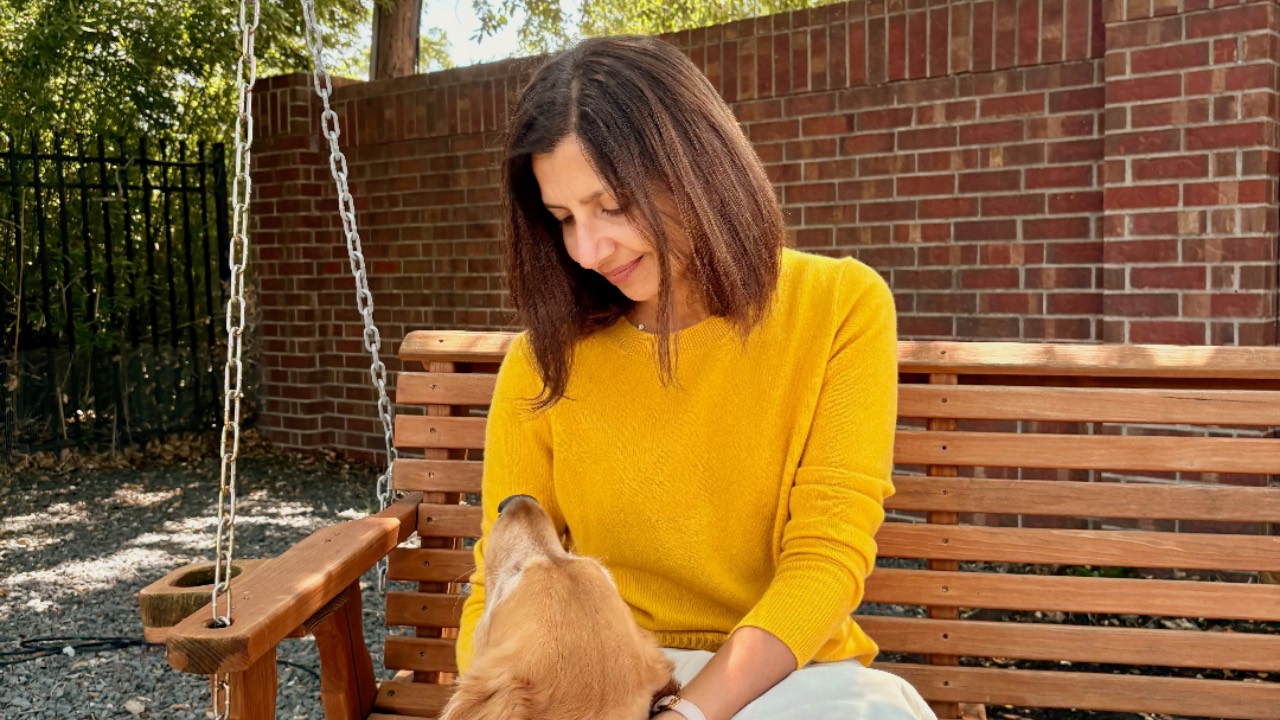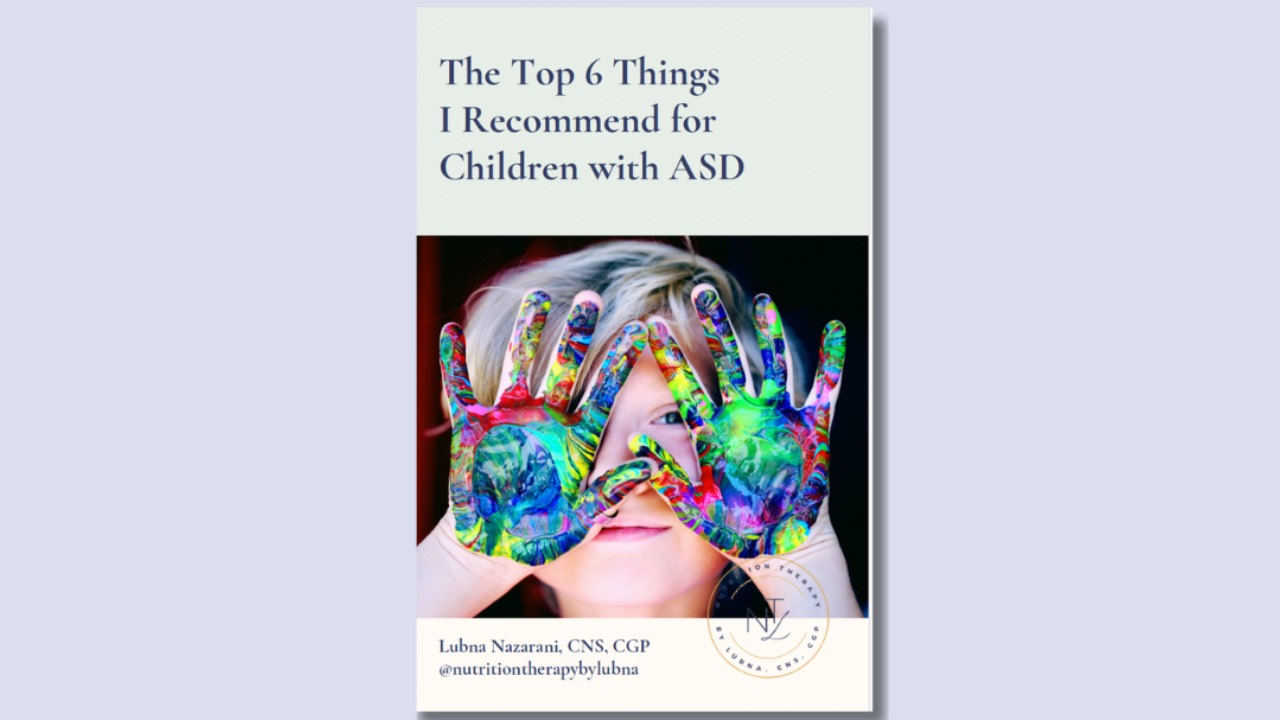Mitigating Autism Symptoms Through Nutrition: A New Approach
Hello August! I can't stand the heat, but I'm also in no hurry for the month to end. Yes, the back-to-school frenzy is upon us. And like many parents, I'm swept up in the mad rush to be ready. It's particularly more poignant this year as it's my youngest that's going off to university. There's a lot of "this is the last summer that I/we..." in the air at home. It's such a complex feeling sending your kids off to college. Of course they'll be back, and of course there's FaceTime and holidays, but it really has changed forever.
In addition to the usual concerns I'm pondering about missing her, her safety, and the hopes and prayers for a new beginning, there's the general concern about the food quality she'll be exposed to given that she'll be on the campus dining plan. It's well known that campus dining tends to be higher in sugars, inflammatory seed oils, and lower in quality fats and complete proteins - none of which support intense learning or qualify as "brain food." Laugh if you like, but the fear is real... :/
Read on for more of what I've been thinking about lately...
#1 "Reversing" Autism Symptoms
There was a fascinating case study published over the summer about two twins diagnosed with ASD (Level 3 severity) that underwent a fairly comprehensive protocol with multidisciplinary interventions. After approximately 2 years, "dramatic improvements" were seen, most of which were achieved within the first few months. As a result, their symptom scores (Autism Treatment Evaluation Checklist) decreased impressively, with Twin L's score going from 76 to 32, and Twin P's going from 43 to 4. One of the cornerstones of the therapeutic interventions was diet and nutrition.
The article uses the word "reversal" in the title in reference to the symptoms decreasing. Several critics took offense with that term, saying that reversing autism in not possible, and should not even be hoped or tried for, as it is an innate part of that individual's identity, dismissing the case study as "shoddy" science. Aside from the fact that the authors talk only of "symptoms," and not the diagnosis itself, I suspect most critics of the study didn't read the actual case report itself. Babies and bathwater, anyone?
As a parent of a child that has struggled extensively with the challenges stemming from ASD (often debilitating and frustrating for the child at the center), I don't understand the negativity at all. If anything, my concern was 'why isn't this front and center news on every major media outlet?!' Why aren't more people being made aware of this? I went looking online for more news stories based on this paper and that's how I came upon the few negative articles denouncing the terminology.
I found exactly zero publications actually reporting on the case study in the US media. Zero. I found a whopping two in the UK. There may be more out there, but I couldn't find them.
Since 2000, there has been a 300% increase in ASD. That's not innate genetics. This is not just how some people are born. This is not simply better diagnostic methodology. There are real factors at play here, and families of individuals with ASD deserve better approaches to addressing it. And I think that's what these authors were trying to showcase.
At the end of the day, I find case studies like this hopeful and empowering. Understanding that ASD is a complex issue but that there are ways to support children and adults with the diagnosis through various therapies and healing foods is wonderful and so necessary. I hope you see it in the same vein. Check out the article at the link above.
#2 Dietary and Lifestyle Recommendations for ASD
Want to make dietary changes to help a child (or adult) with ASD? Download my free "Top Tips for ASD" from my website. I provide detailed info on six interventions that will get you the most bang for your buck.
Like the case study mentioned above, addressing ASD symptoms is multi-faceted. The core of the issue rests in the gut-brain axis: healing the gut and clearing the home and body of toxicity helps lessen the physiological burden that such toxicity places on the brain.
I hope you find it helpful - it contains my recipe for meat stock, which is probably the single most healing food you can eat for any condition. No, really! Please feel free to share the link with others that might benefit.
Remember, health is a birthright. Claim yours.
Chat soon,
Lubna





